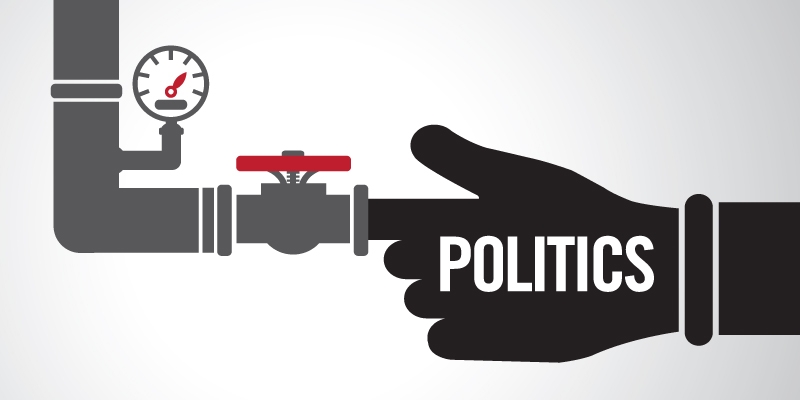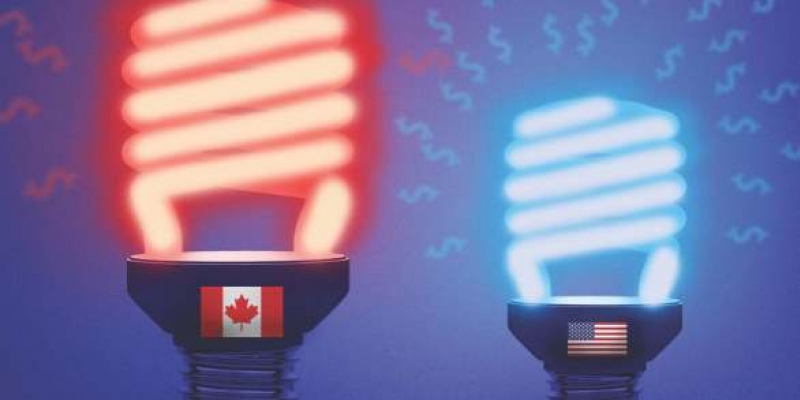Gerry Angevine
– Senior Fellow, Fraser Institute
Gerry Angevine is Senior Fellow in the Fraser Institute's Centre for Energy and Natural Resource Studies. Mr. Angevine has been President of AECL, an energy economics consulting firm, since 1999 and was a Managing Consultant with Navigant Consulting Ltd. from 2001 to 2004. He was President, CEO, and a Director of the Canadian Energy Research Institute from 1979 to 1999. Prior to that, he worked as an economist at the Canadian Imperial Bank of Commerce and the Bank of Canada. Mr. Angevine has undertaken domestic and international studies in the markets for natural gas (including trade, pipelines and storage), oil and oil products (including oil sands, refining and investment), and electricity (including deregulation, water rentals, and renewables). He has advised the Alberta Department of Energy and testified before the National Energy Board as an expert witness. He has A.M. and Ph.D. degrees in Economics from the University of Michigan, a M.A. Economics degree from Dalhousie University and a B.Comm. from Mount Allison University.




